When planning out your dental implant surgery, you might be curious about the different anesthesiology that can be used. It is typical for someone to have anxiety about a potential surgery or just visiting the dentist in general. Many kinds of effective anaesthetic will get used for your dental implants, which will make you not feel the procedure whatsoever.
Full unconsciousness is not usually the typical route for dental implants procedure, but it is crucial to explore all different options. In this article, we explain the validity of general anaesthetic as an option, including the other alternatives for conscious sedation. Regardless of what option you choose, it is vital to have a meaningful conversation with your dentist on the best solution.
Is general anaesthetic an option for dental procedures?
The process of getting dental implants under general anaesthetic is a variation of deeper sedation. It is the only type of dental sedation that will place you asleep. Before choosing this sedation method, you need to educate yourself on everything involved in general anaesthetic.
This type of anesthesia can only get administered by a dental anesthesiologist, oral or maxillofacial surgeon, or general anesthesiologist. If your specific dentist does not hold the certifications, facilities, or resources to perform this type of sedation, you will need to have the procedure done in a hospital, which will require extra fees.
There are also a few risks that are associated with this type of sedation, including assisted breathing. Although it is a viable option for people who do not wish to watch the operation firsthand and want to be asleep and unaware, there can be complications within the dental implant process. Your doctor might also not be accustomed to reacting to issues from general anaesthetic, which could be a risk.
What types of conscious sedation are available instead?
There are many ways that conscious sedation can get implemented in place of the standard procedure of dental implants under general anaesthetic. The first is inhalation sedation, which involves laughing gas, also referred to as nitrous oxide. The nitrous oxide usually gets administered through a mask put on your nose. This method wears off quickly with minimal side effects and almost zero recovery time.
Oral sedation is also an excellent alternative to the typical procedure of dental implants under general anaesthetic. Depending on the prescription, oral medication will usually produce a moderate effect on the patient. This sedation usually gets administered through a pill, about an hour before the procedure. You may feel sleep and recovery time will take longer, which will require a ride home.
The side effects and potency of an IV sedation is very similar to oral sedation with moderate effects. The only difference here is that the drugs are not administered orally, but intravenously. The sedation result will be a lot quicker, and this type of sedation gives your dentist the flexibility to adjust the level of potency during the procedure.
Sources and References
-
[1]
Considerations for Satisfactory Sedation during Dental Implant SurgeryJournal of Personalized Medicinehttps://pmc.ncbi.nlm.nih.gov/articles/PMC10054855/
-
[2]
The use of anaesthetic agents to provide anxiolysis and sedation in dentistry and oral surgeryAustralasian Medical Journalhttps://pubmed.ncbi.nlm.nih.gov/24391684/
-
[3]
Current methods of sedation in dental patients - a systematic review of the literatureMedicina Oral, Patología Oral y Cirugía Bucalhttps://pmc.ncbi.nlm.nih.gov/articles/PMC5005095/
-
[4]
Dental Treatment Under General Anesthesia in a Day Care Surgery SettingActa Stomatologica Croaticahttps://pmc.ncbi.nlm.nih.gov/articles/PMC6508932/
-
[5]
Complications caused by nitrous oxide in dental sedationJournal of Dental Anesthesia and Pain Medicinehttps://pmc.ncbi.nlm.nih.gov/articles/PMC5932993/
All sources accessed and verified on . Medical information reviewed for accuracy and compliance with current guidelines.
Related Articles

Alternatives to Dental Implants
Comprehensive guide to dental implant alternatives including fixed bridges, resin-bonded bridges, partial dentures, and complete dentures with cost comparisons

Are Dental Implants Covered by Insurance?
Comprehensive guide to dental implant insurance coverage, what plans typically cover, alternative payment options, and important information about the dental implant procedure
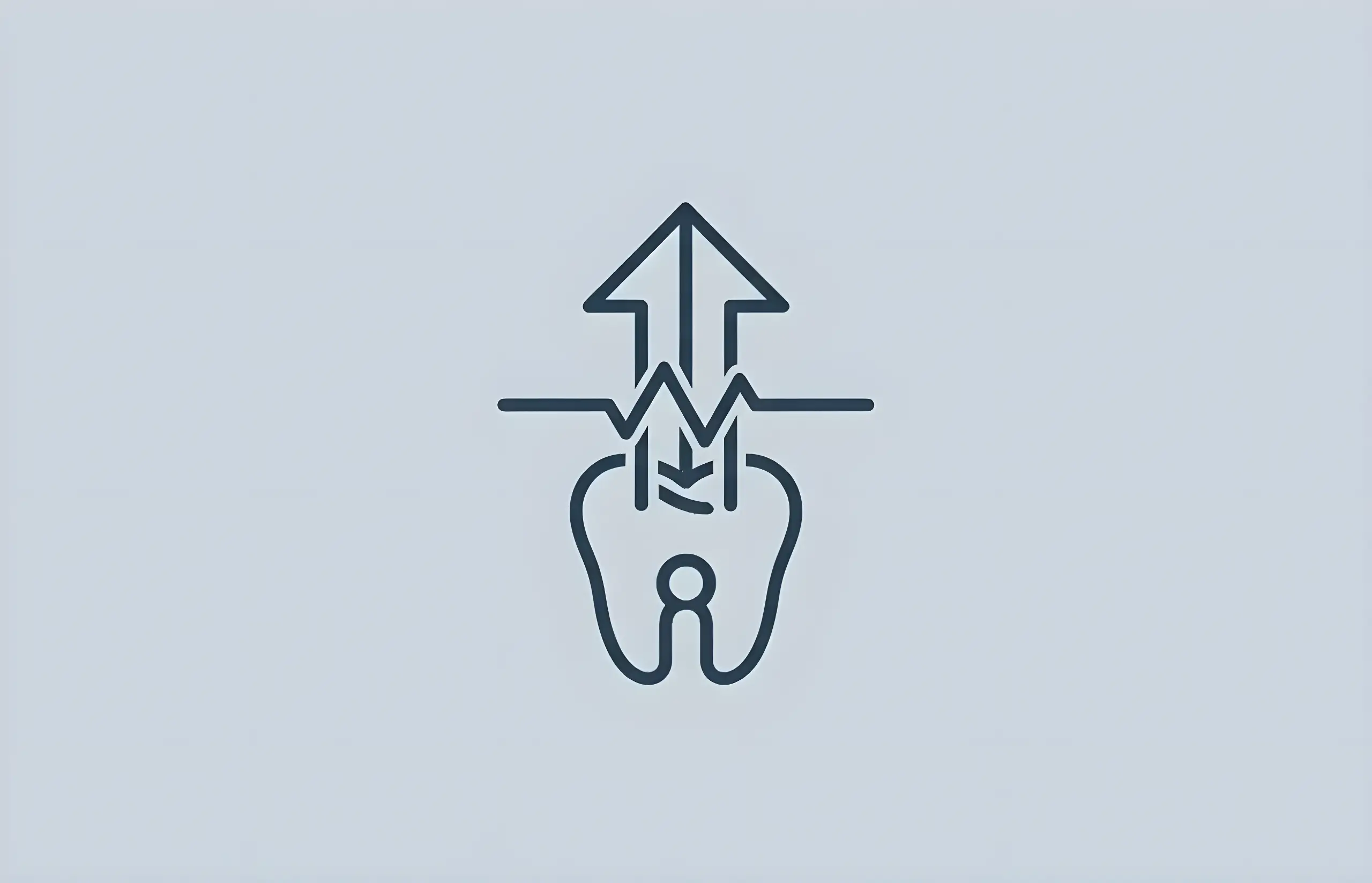
Are Dental Implants Painful?
Comprehensive guide to dental implant pain, including what to expect during surgery, post-operative recovery, pain management, and healing timeline
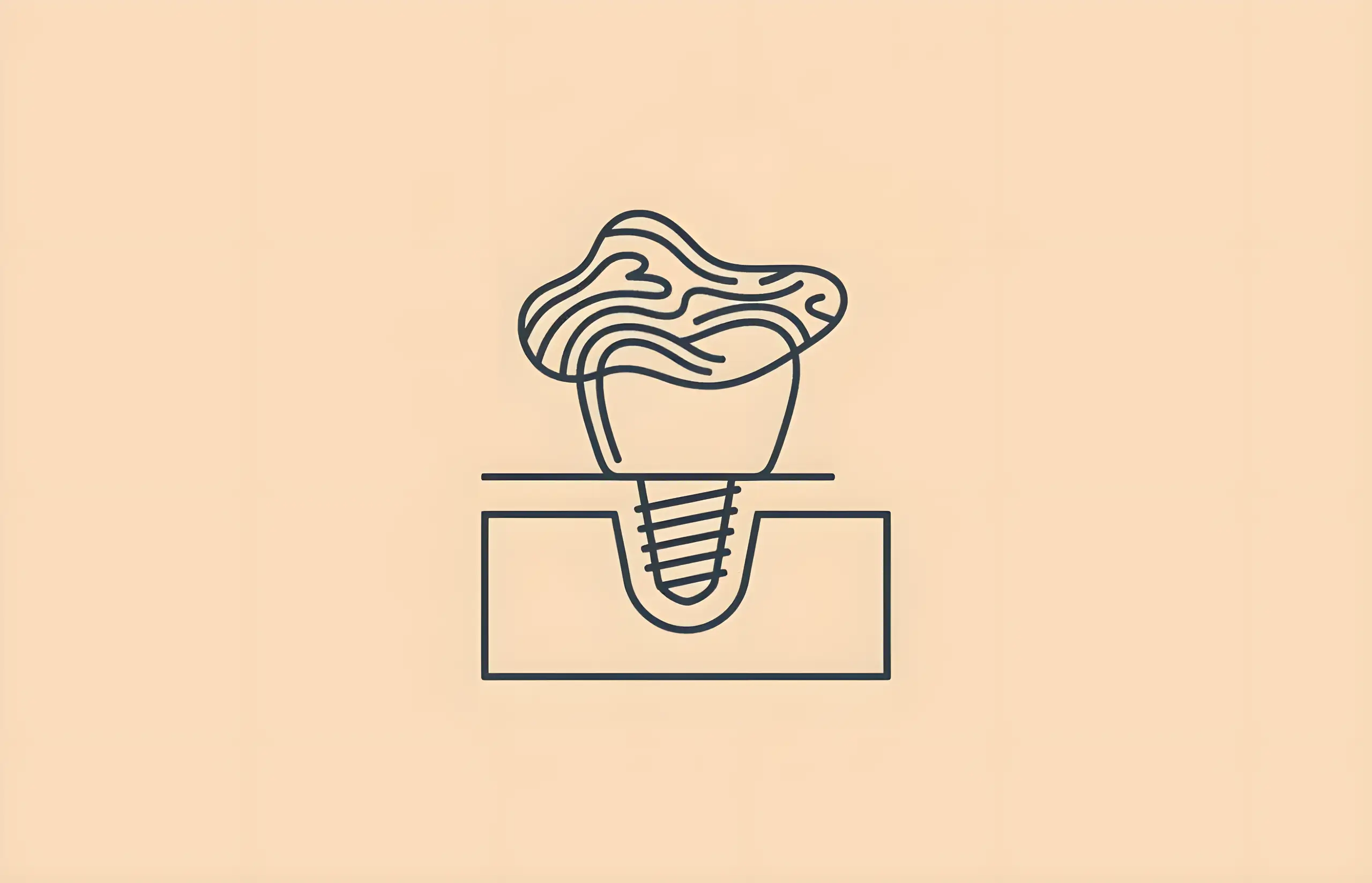
What Is The Best Bone Graft Material For Dental Implants?
Understanding autografts, allografts, and xenografts for dental implant bone grafting including success rates, benefits, and which material is right for you

Can Dental Implants Repair Bone Loss?
Understanding how dental implants can prevent and repair bone loss, including causes of bone loss, treatment options, and the role of bone grafts in implant procedures
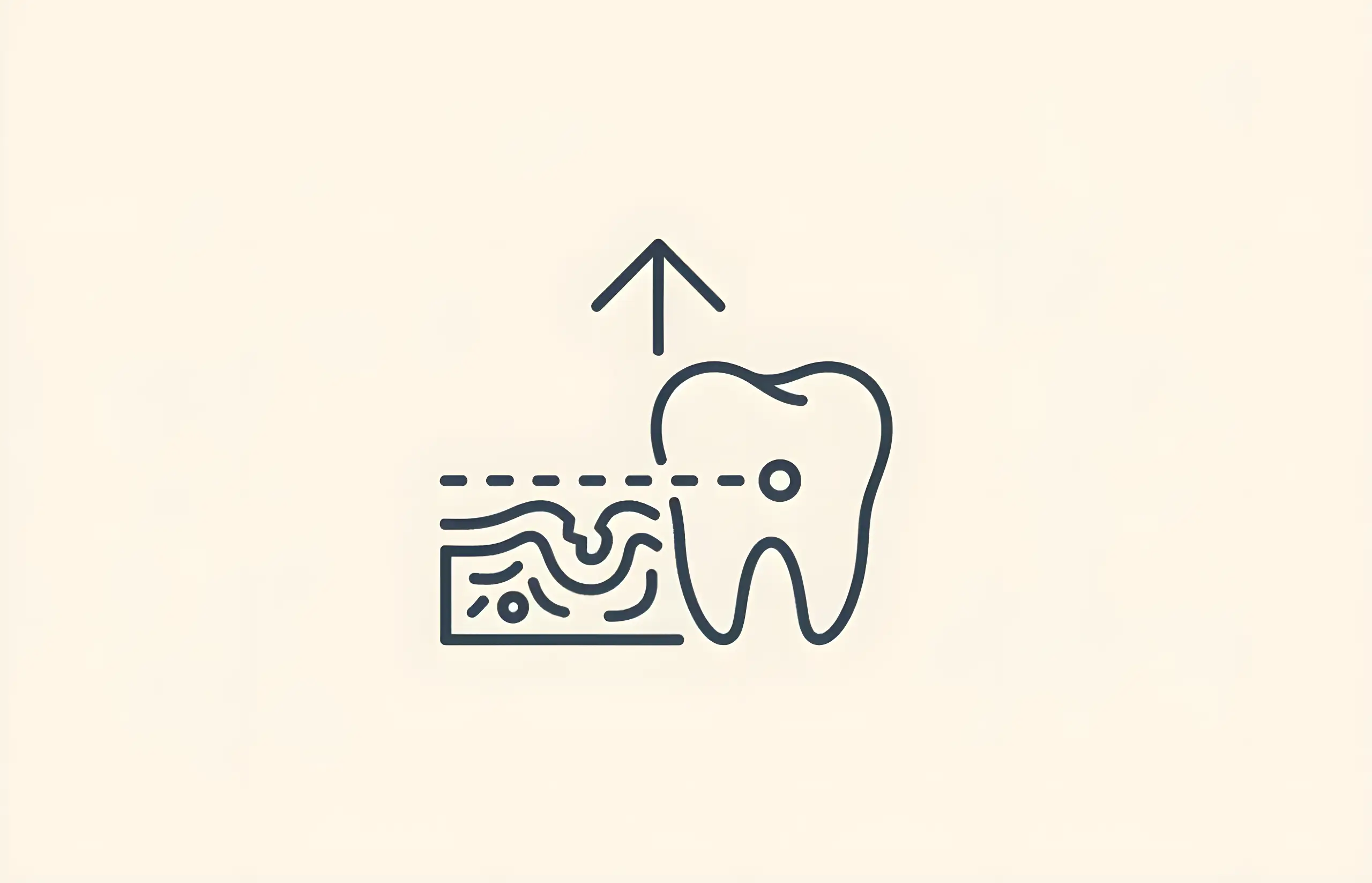
Can You Have Dental Implants With Gum Disease?
Complete guide to dental implants and gum disease including symptoms of periodontitis, success rates with treated gum disease, and treatment requirements before implant surgery

Are There Cheaper Alternative To Dental Implants?
Exploring affordable alternatives to dental implants including bridges, dentures, and All-on-4, with detailed information about costs, benefits, and drawbacks of each option

What Is The Cheapest Country For All On 4 Dental Implants?
Learn about affordable All-on-4 dental implants abroad including popular destinations like Mexico, Hungary, Poland, and Turkey, with success rates, safety considerations, and cost comparisons

How Much Does A Dental Implant Bone Graft Procedure Cost in the UK?
Complete guide to bone graft costs (£295-£2,400 per site), procedure details, reasons for bone grafts, and benefits of bone grafting for dental implants

What Causes Dental Implant Pain Years Later?
Comprehensive guide to late dental implant complications including peri-implantitis, osseointegration failure, nerve damage, and bone loss, with prevention strategies and treatment timelines
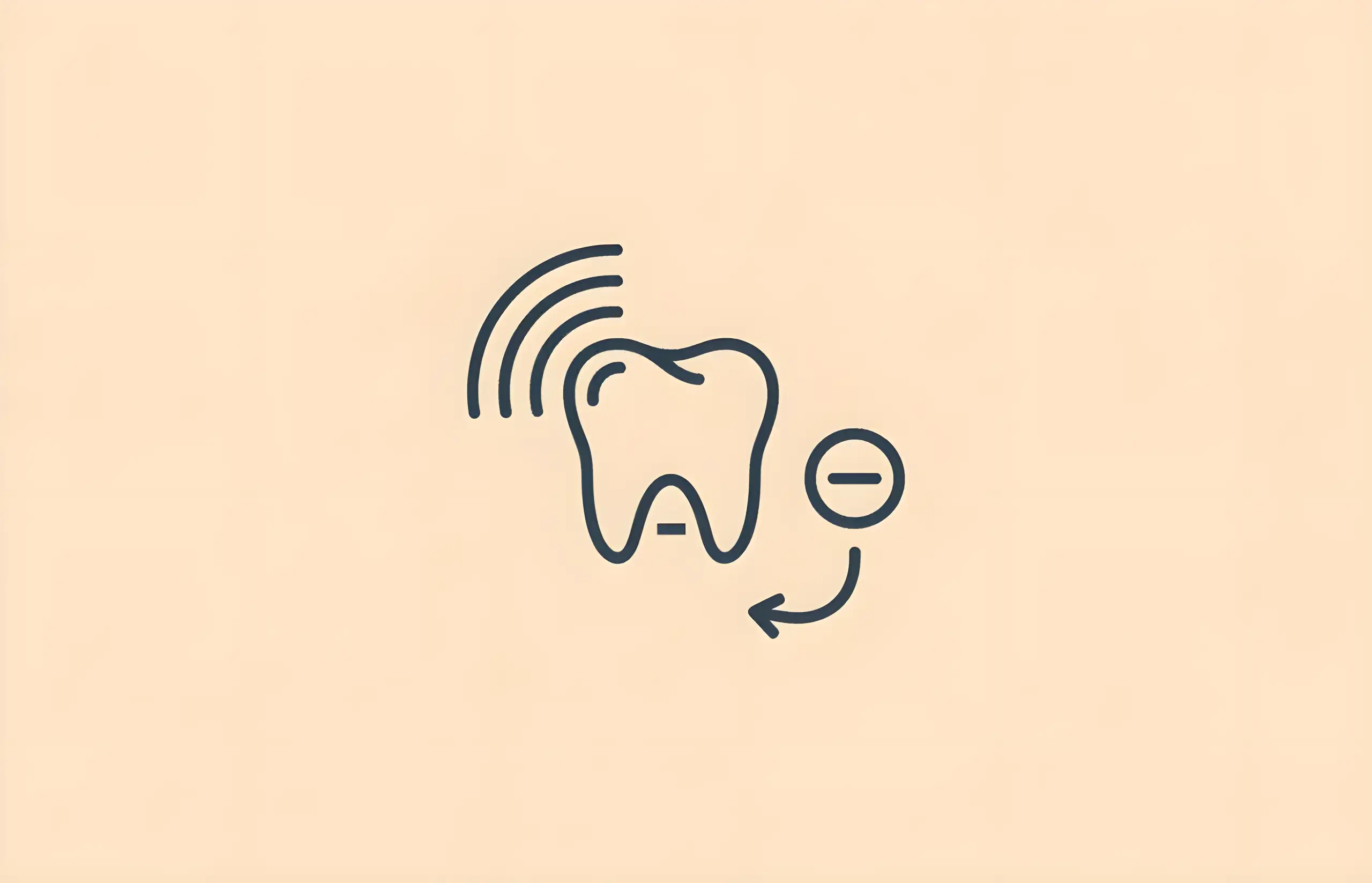
Everything You Need to Know about Dental Implants and MRI Safety
Comprehensive guide to MRI safety with dental implants including titanium compatibility, heating effects, displacement risks, artifact formation, ferromagnetic vs paramagnetic materials, and safety guidelines

What is a Normal Dental Implant Removal Recovery Time?
Comprehensive guide to dental implant removal procedures, recovery timeline (1-5 days), failure causes, removal techniques, and immediate reimplantation options with 96.7% success rate at 1 year

Dental Implants: Problems and Side Effects
Comprehensive guide to dental implant complications, risk factors (smoking, diabetes, gum disease), common side effects, peri-implantitis, infection rates, prevention strategies, and alternative treatments

Dental Implant Costs In The UK – Single Tooth and Full Mouth
Complete guide to dental implant costs, financing options, success rates, and what to expect from single tooth to full mouth implant treatments in the UK
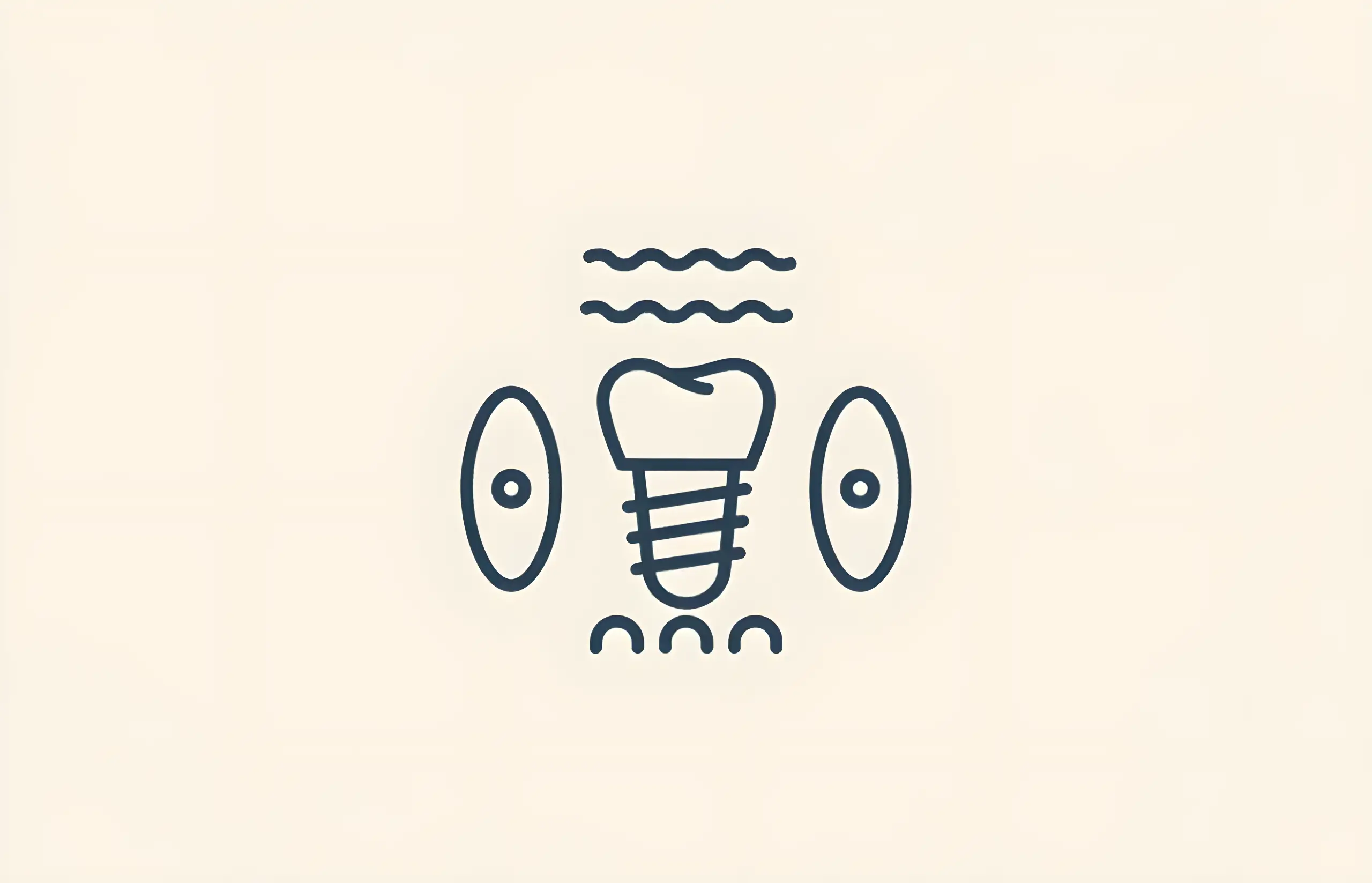
How Long Do Dental Implants Last?
Longevity and Survival Rates (96.8% at 10 Years, 94.0% at 15 Years, 78% at 20 Years)

What If You Do Not Have Enough Bone For A Dental Implant?
Comprehensive guide to bone augmentation procedures including ridge expansion, bone grafts, sinus lifts, and distraction osteogenesis for successful dental implant placement when jawbone is insufficient

The Pros and Cons of Dental Implants
A balanced overview of the advantages and disadvantages of dental implants compared to other tooth replacement options

Causes Of Swelling After A Dental Implant Bone Graft
Comprehensive guide to post-operative swelling after bone graft surgery, timeline, risk factors, management strategies, and when to seek medical attention
About The Dental Guide
The Dental Guide is a trusted online resource providing evidence-based information about dental health, treatments, and procedures. Our content is created and reviewed by qualified dental professionals to help you make informed decisions about your oral health.
Our Mission
- Evidence-based dental information
- Expert-reviewed content
- Clear, accessible explanations
- Latest treatment options
- Patient-focused guidance
Editorial Standards
- GDC-registered dental professionals
- Peer-reviewed sources
- Regular content updates
- Medical accuracy verification
- Transparent authorship
Important Notice
The information on The Dental Guide is for educational purposes only and should not replace professional dental advice. Always consult with a qualified dentist for diagnosis and treatment recommendations tailored to your individual needs and circumstances.
Medically Reviewed
Reviewed by Dr. Nasim Mechoui , BDS (Bristol)
Share this article
Comments & Discussion
Have questions about dental implants? Share your thoughts or experiences.
